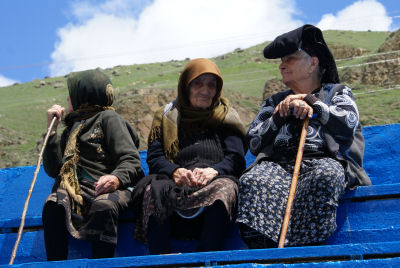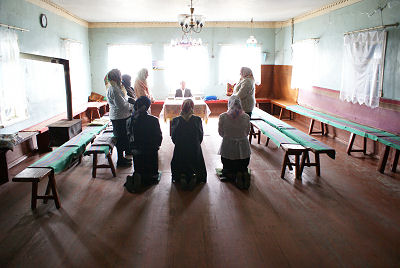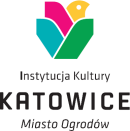|
Strona archiwalna!
Ta strona zawiera treści archiwalne, które nie były zmieniane po 23 września 2019 r. Jeśli chcesz wiedzieć więcej zapoznaj się z deklaracją dostępności
|
||||||
archiwum
 2006 2006
 2008 2008
 2010 2010
 2012 2012
 2014 2014 |
||||||

| ||||||
 |
 |
|||||

|
||||||
| strona główna założenia regulamin kalendarium wskazówki pobierz jury rejestracja zgłoszone projekty galeria gallery | archiwum kontakt | |||||
Description popularizing the research project Sometimes the cause of a conflict is really trivial. Then it is occasionally solved through oblivion, as the involved parties forget what exactly the cause was. Sometimes a tiny detail becomes a significant one when the pride or honour is hurt. Then the conflict continues for the next generation who will finally manage to overcome the dispute with smart diplomatic manoeuvres or a fiery affection. "Real" conflicts, lasting for decades, have much more serious and complex causes, and the memory of them is passed from generation to generation. The most serious ones are to defend one's honour or the homeland's freedom. In the name of such a conflict lesser grudges are forgotten or suspended. Former enemies become allies and accept the challenge issued by their neighbours across the border. The world is full of such conflicts, especially in the places where, before the states were established as we understand them today, tribes' and peoples' migration routes crossed, where over centuries the borders changed through arrangements or wars. One does not have to be a strategist extraordinaire to know which strings to pull to unite a nation to conquer or defend forefathers' land. Reaching back in time, it often turns out that three or more parties claim to have rights to the same place. No wonder, as cemetery crosses and crescents are overgrown with the same moss, and both the Christian forefathers' and the Muslim forefathers' bones lie in the same soil. Now national history researchers look for documents and artefacts proving who came there first. The leaders have at their disposal a tool which can be used for either concord or discord, depending on their political calculations and needs. They are well aware that a string once plucked will reverberate. Its echo still sounds in the Caucasus, among Azeris and Armenians struggling with their difficult history; and many other places in the world. Its echo will probably reverberate for many generations who will be helpless towards the sheer power of the past. Abstract The aim of the study was to analyze the methods of using historical policy by centers of power in the Caucasus in order to achieve political and propaganda goals that lead to the mythologization of historical memory. The investigated object was interpretation of its impact on the position of the society and considering the question to what extent different ethnic groups have retained a sense of their own identity, and to what extent they have assimilated because of a historical policy. The research conducted under the project should answer the question how historical issues affect the current situation in the Caucasus. This is due to the fact that this is a region where the history has the unique power of impacting the present. To a large extent this is a consequence of the complex ethnic composition of the Caucasus, as each nationality has its own vision of history. The result is that the arguments about the past play an extremely important role in supporting their political reasons. Nagorno- Karabakh conflict is a good example of this. Armenians, arguing their rightness with regard to this area, refer to the fact of its belonging to Urartu, which they consider to be the first Armenian state. In contrast, Azerbaijanis, arguing their claim to the entire eastern Transcaucasia, refer to the traditions of the ancient state of Caucasian Albania, whose residents they consider themselves to be their direct ancestors. Attempts to assimilate various ethnic groups, as the state authorities fear their separatist tendencies, are also a major problem in the Caucasus. From the perspective, it was important to recognize the historical consciousness of the respondents. It allowed us to define assumptions of historical policy of the rulers towards the citizens in order to achieve their political objectives. Currently, in the Caucasus the identification of ethnic/national and historical consciousness is increasing. The second dynamic process in the Caucasus is a religious revival, which can sometimes lead to radicalization of parts of the society. These changes make the elites use historical policy skillfully, which is becoming one of the main methods of conducting various conflicts in the studied area..
|
|
|||||














